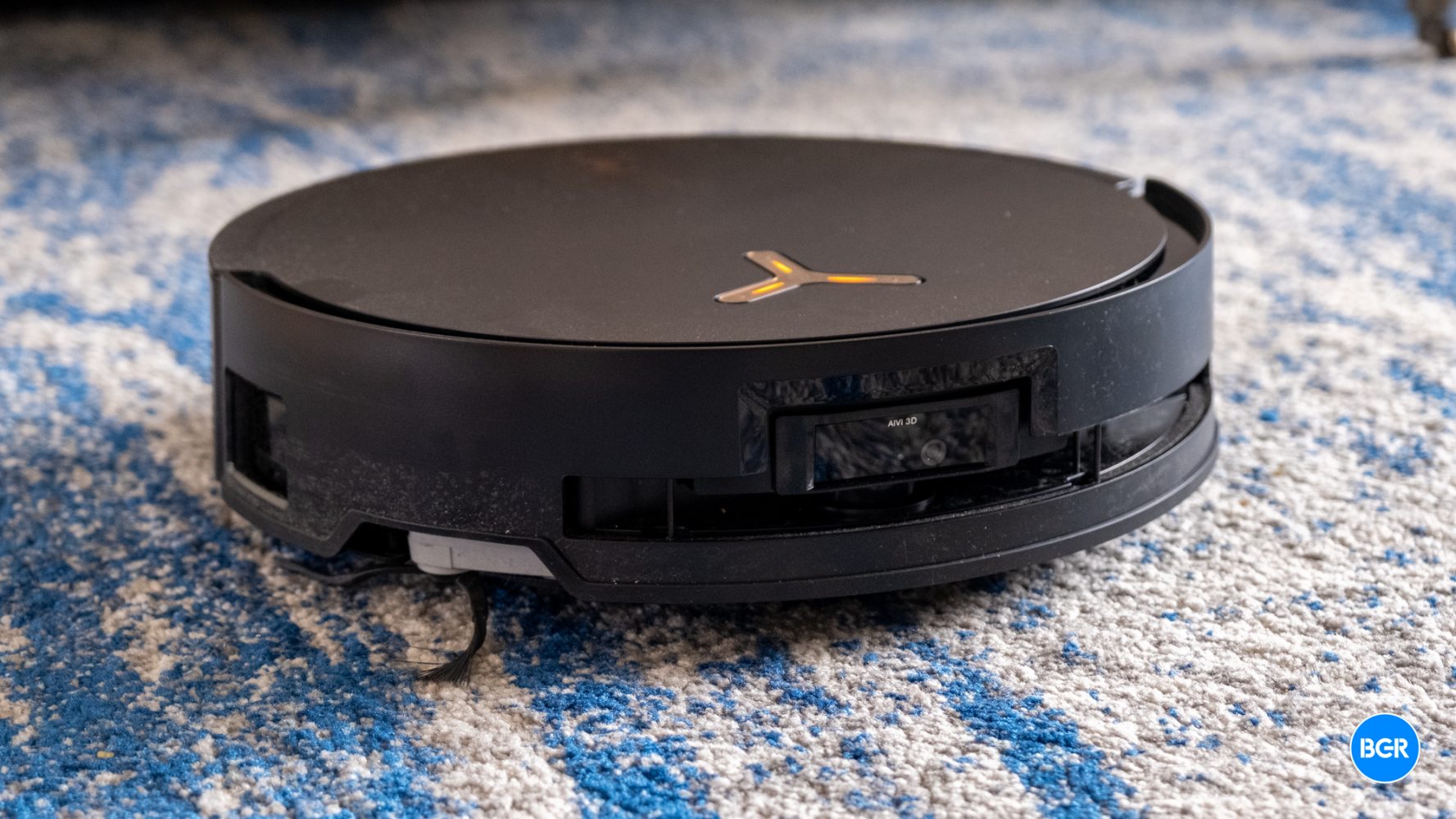MOTORISTS who are victims to predatory ‘wreck chaser’ tow truck operators can now bite back – thanks to a new law.A major city is getting serious as its council unanimously advanced a measure giving drivers new rights to sue rule-breaking tow operators.CBSA new law is getting hard on predatory ‘wreck chaser’ tow truck operators[/caption]CBSIt could even see police given new powers to seize the tow trucks themselves[/caption]If it passes in the full City Council next week, the ordinance could even give predatory tow operators a taste of their own medicine, allowing police to seize the tow trucks themselves.
A wave of fresh rules was already put into effect in 2021 to target criminal gangs that operate tow companies, as well as tow truck drivers who scam accident victims with aggressive schemes.It meant tow trucks needed to get city licenses, while also prohibiting them from pulling up to crash scenes to solicit business.The measure was pushed after a series of dangerous speeding and red-light running by tow drivers ended in a nearly catastrophic crash.

The incident, witnessed by a decision-maker, saw a bus nearly being hit by a tow truck that plowed through a storefront.A constituent “bilked for thousands of dollars from a rogue towing company” also inspired the legislation.The updated ordinance, coming to Chicago, Illinois, was sparked in part by feedback from insurance companies, as well as car rental and tow truck organizations.
Gilbert Villegas, Alderman of Chicago’s 36th Ward, said the city has become one of the worst in the country for predatory towing.As reported by the Chicago Tribune, he said: “Unfortunately, this year we are number one.“This is an industry that we have got to finally get our hands around.
“We are putting some teeth behind this to make sure we can finally address this issue.”An early draft of the ordinance included a requirement that towing companies clearly post fees.But Villegas said he removed the requirement at the request of Mayor Brandon Johnson’s administration.
The proposed ordinance encourages tow truck companies to accept various forms of payment.It also requires them to have an ATM available if they only accept cash.It also bans tow truck operators from giving rewards for information that leads them to vehicles needing a tow.
Furthermore, it requires tow companies to get a signature before repairing vehicles, as well as to give drivers the right to retrieve personal belongings from inside towed cars.Tow lots would further be required to release paid-for vehicles during their on-file hours, while prohibited from allowing condition releases on drivers paying for additional services.To that end, if towing companies keep breaking the rules, they could face a tow from the city or civil action.
What to do if your car is towedWrongfully or not, retrieving a towed vehicle can be a hassle.If your vehicle is towed after parking in a “No Parking” zone or other legitimate reason, there are a few steps to take to get it back.Steps to take when your car is towed:Try to figure out why your car was towed.
Did you not see a posted “No Parking” sign? Did you miss a car payment? Did you return to a lot where you have unpaid citations? Finding the reason can narrow down the phone numbers to dial.Locate the vehicle. Most states, cities, or counties require towing companies to leave some form of contact information via a posted sign or sent by mail.
Recovery dates and times depend on the company that towed the vehicle, but those times will be posted to the website or can be recited by a representative.Pay the fees. Be careful to be as prompt as possible, as some tow yards may charge storage fees by the day.
If you feel your vehicle was wrongfully towed, contesting the action can be done with the following steps:Be prompt – many states have a small window of time where it’s acceptable to file a complaint against a company that wrongfully towed the vehicle.Gather supporting documents: photos, emails, receipts, police reports, and witness statements if applicable. The more evidence, the better.
Get familiar with your local laws, as laws for towing companies vary per state.Try speaking with the towing company. Sometimes it may have been a simple oversight, and the matter can be resolved quickly.
Contact the Justice of the Peace in your area, as they may have more insight or resources to help. They are often utilized for towing cases.Talk to a lawyer.
Many lawyers have free case consultations, and depending on the case, it may be worth it to utilize a lawyer.Source: Oregon Department of Justice, National General, Rak Law Firm.
Technology

‘Wreck chaser’ tow truck operators to get taste of their own medicine under new law – & you can sue over ‘predatory’ act
















